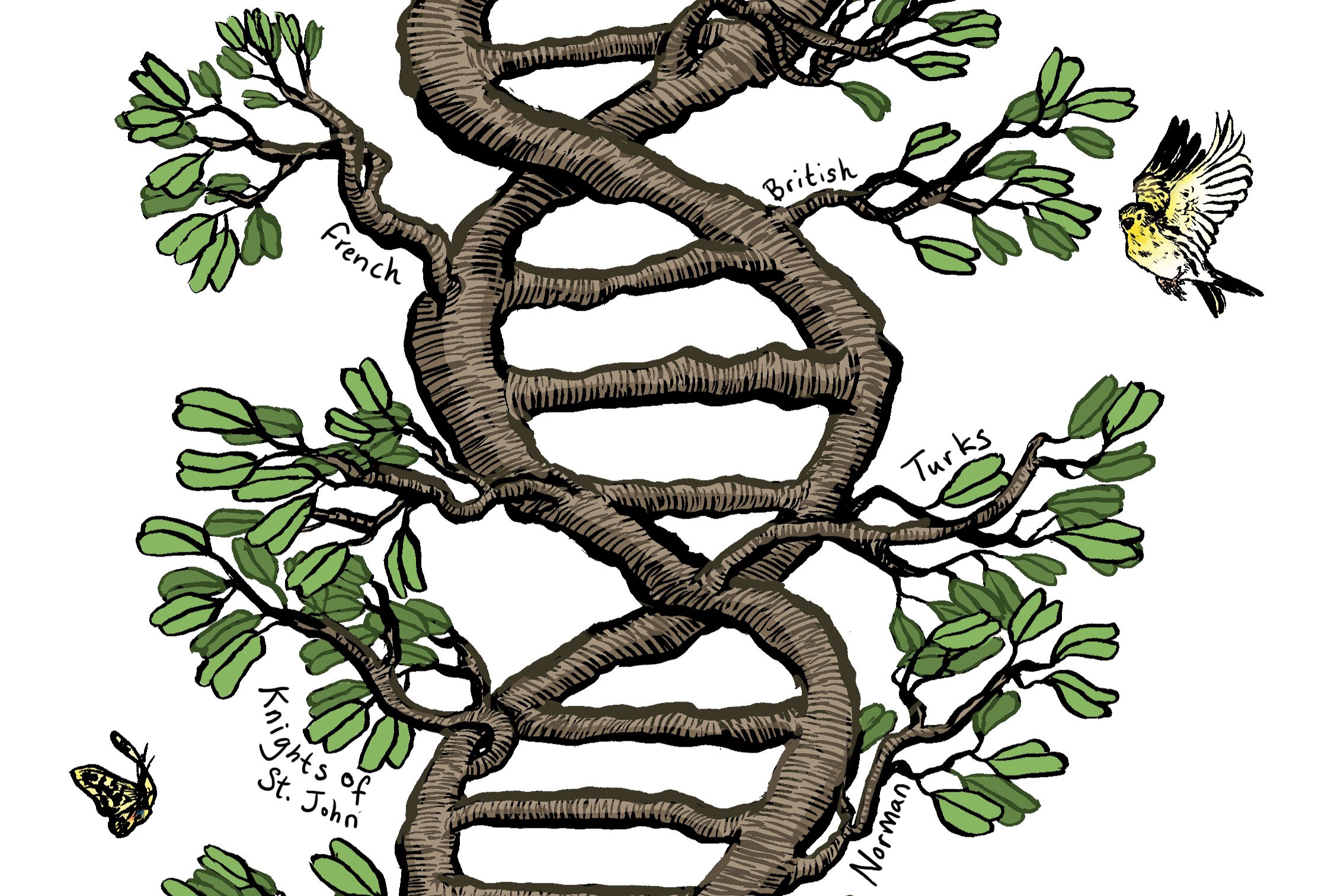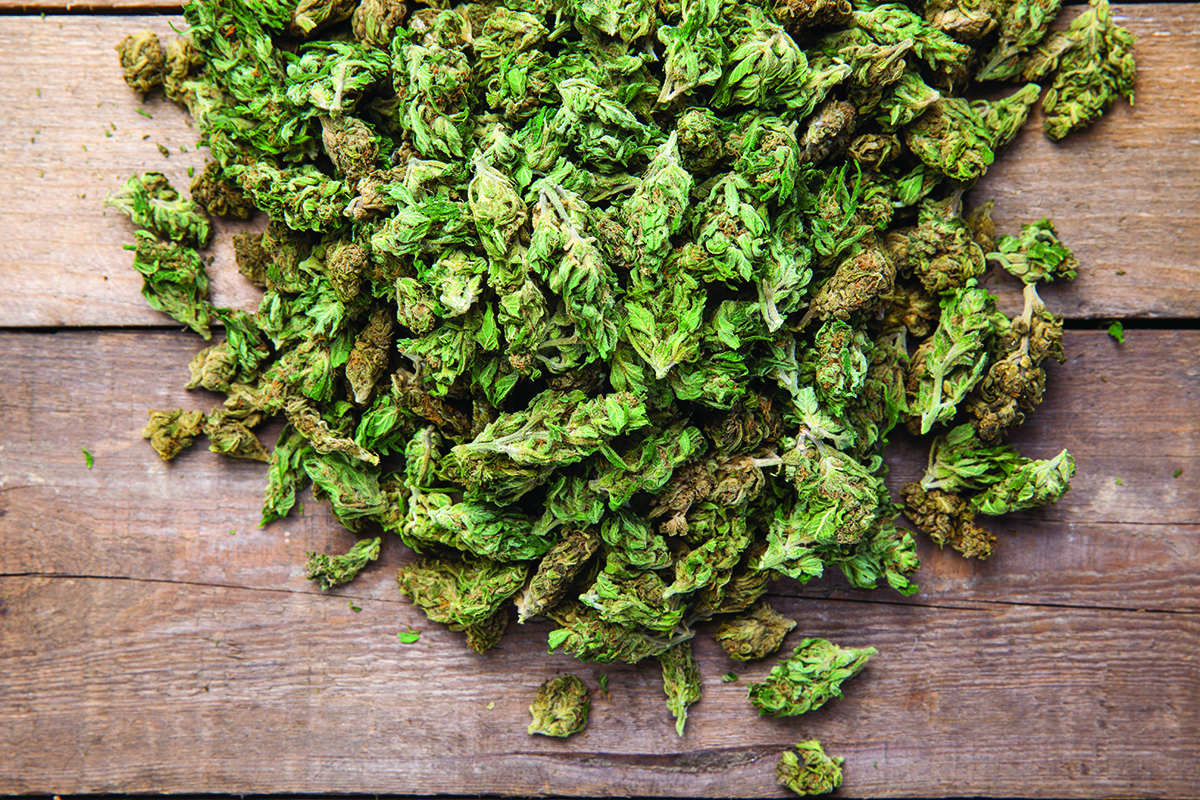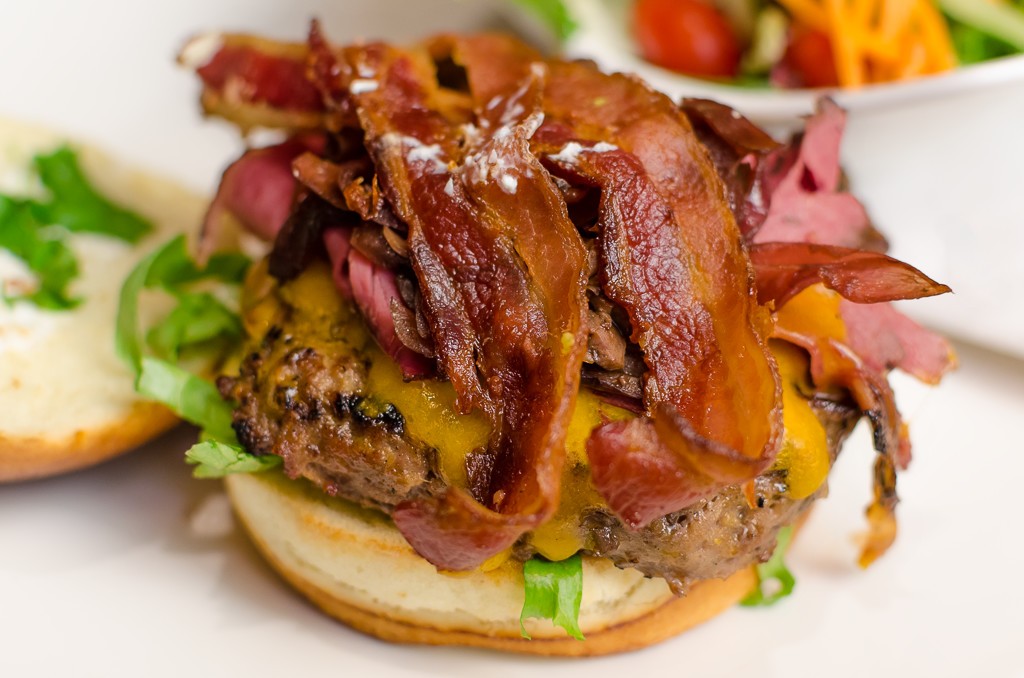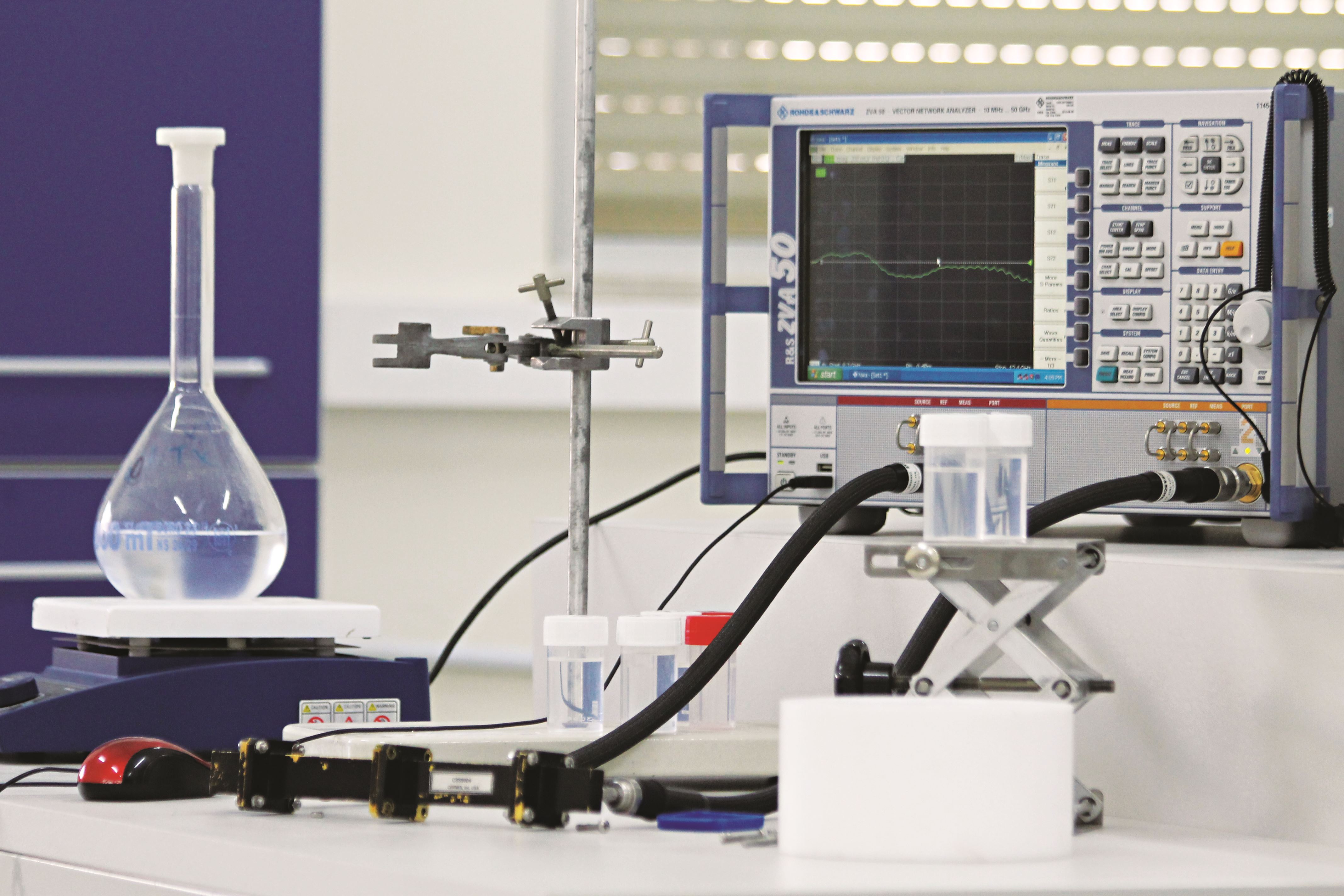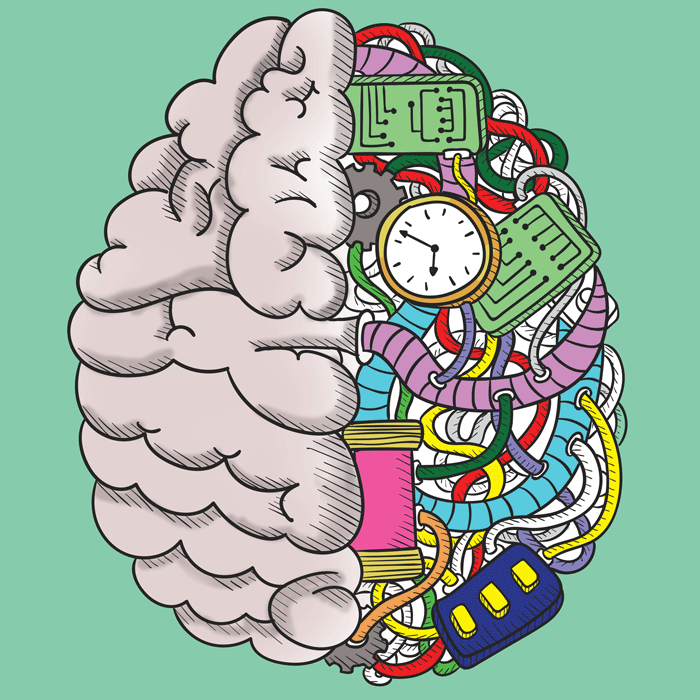Heartbreakers
Every person possesses the same genes within every cell. Their DNA provides the information to first create an entire functioning body and then keep it running. While all humans share more than 99.9% of their DNA, it is the subtle differences in our DNA that ensure individuality. Many differences are superficial effects, like hair colour, but some can have disastrous health effects. Scott Wilcockson talks to Dr Stephanie Bezzina-Wettinger (Faculty of Health Sciences, University of Malta) about her research on these subtle differences and how they can contribute to heart attacks.
Marijuana for Epilepsy
Over the last few decades researchers have been unravelling the truth behind marijuana. Prof. Giuseppe Di Giovanni tells us more about its use in medical research.
Continue readingFly power for neurodegeneration
By Rebecca Borg
Spinal Muscular Atrophy (SMA) is a neurodegenerative disease that causes motor neurons to deteriorate. These nerves are required for voluntary muscle activity control. Neuronal loss leads to progressive muscle weakness that makes it difficult for one to move and function normally. These devastating consequences make SMA the leading genetic killer of infants, who succumb to the effects of the condition within a few years.Continue reading
Nicotine stresses you out!
By Caitlin Davies
Every day in Malta, one person will die from a smoking-related illness. People usually begin smoking tobacco in their adolescence and addiction quickly follows. Quitting is hard and the majority are unsuccessful. Nicotine, with its crippling withdrawal symptoms, is to blame. Research suggests this component of tobacco can be more addictive than heroin. Smokers say that nicotine is pleasurable and enables them to concentrate and reduce their anxiety. Scientists think the opposite.Continue reading
Should we eat less meat?
Our insatiable, carnivorous appetite persists in driving an increase in the global demand and production of meat. This continues to fuel controversy over the meat industries impact on the environment and its effects on our own health. To continue the discussion, S-Cubed, the Science Student Society has recently held a debate to discuss our meat eating habits. Words by Scott Wilcockson.

